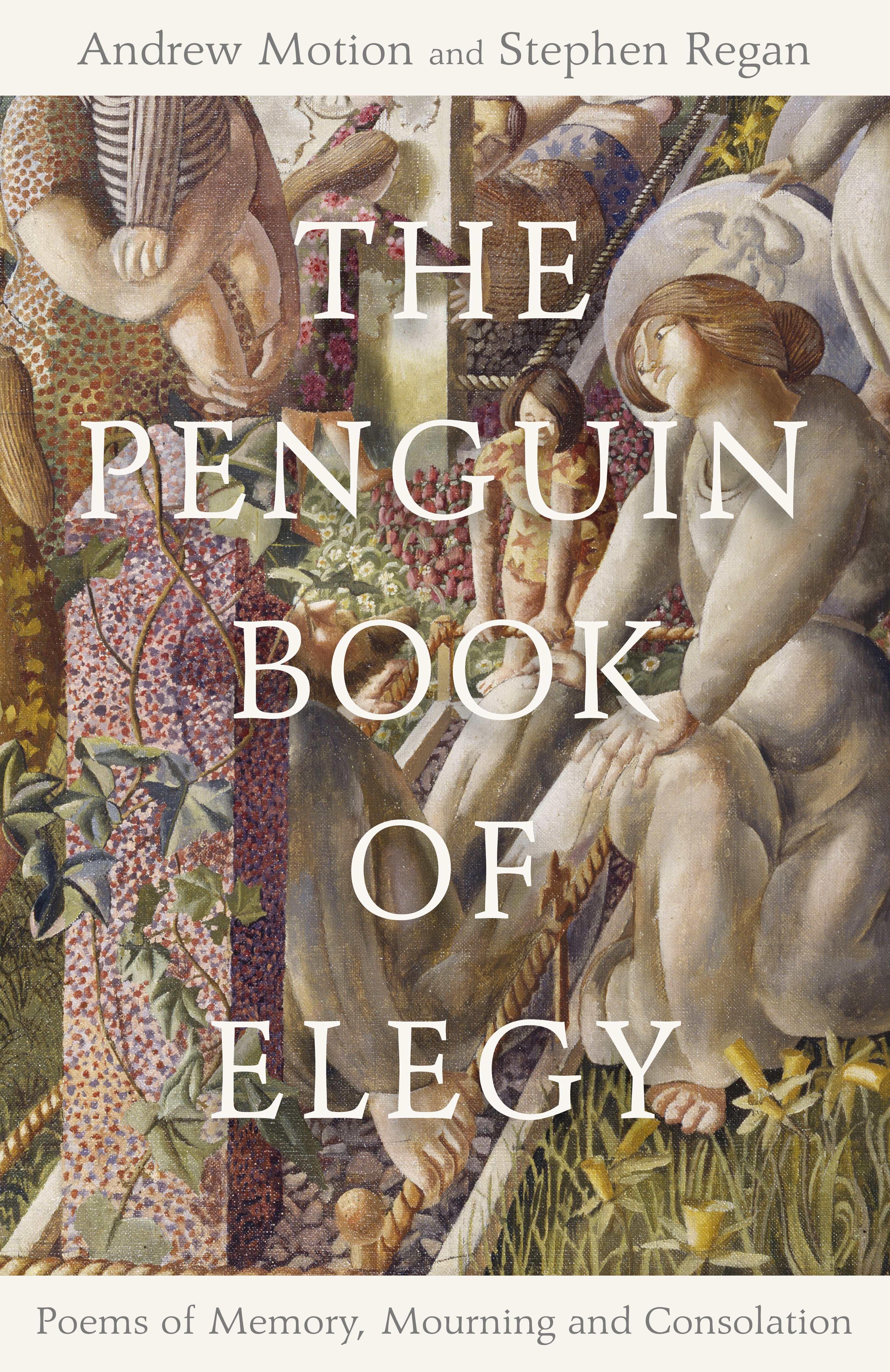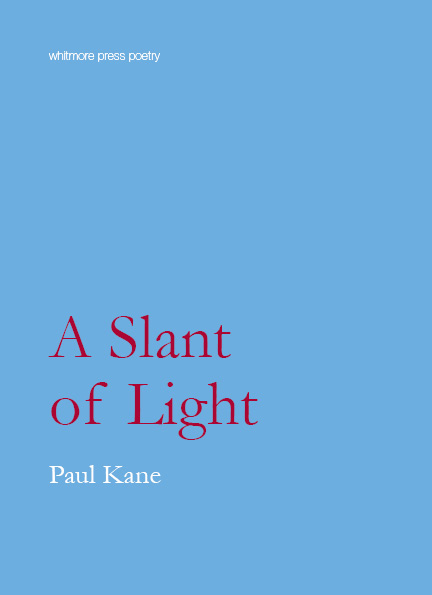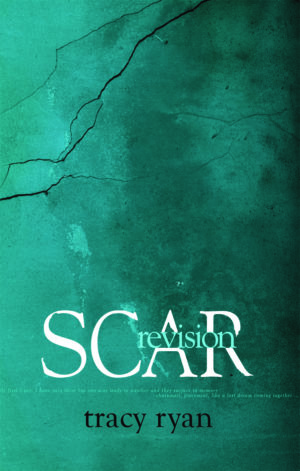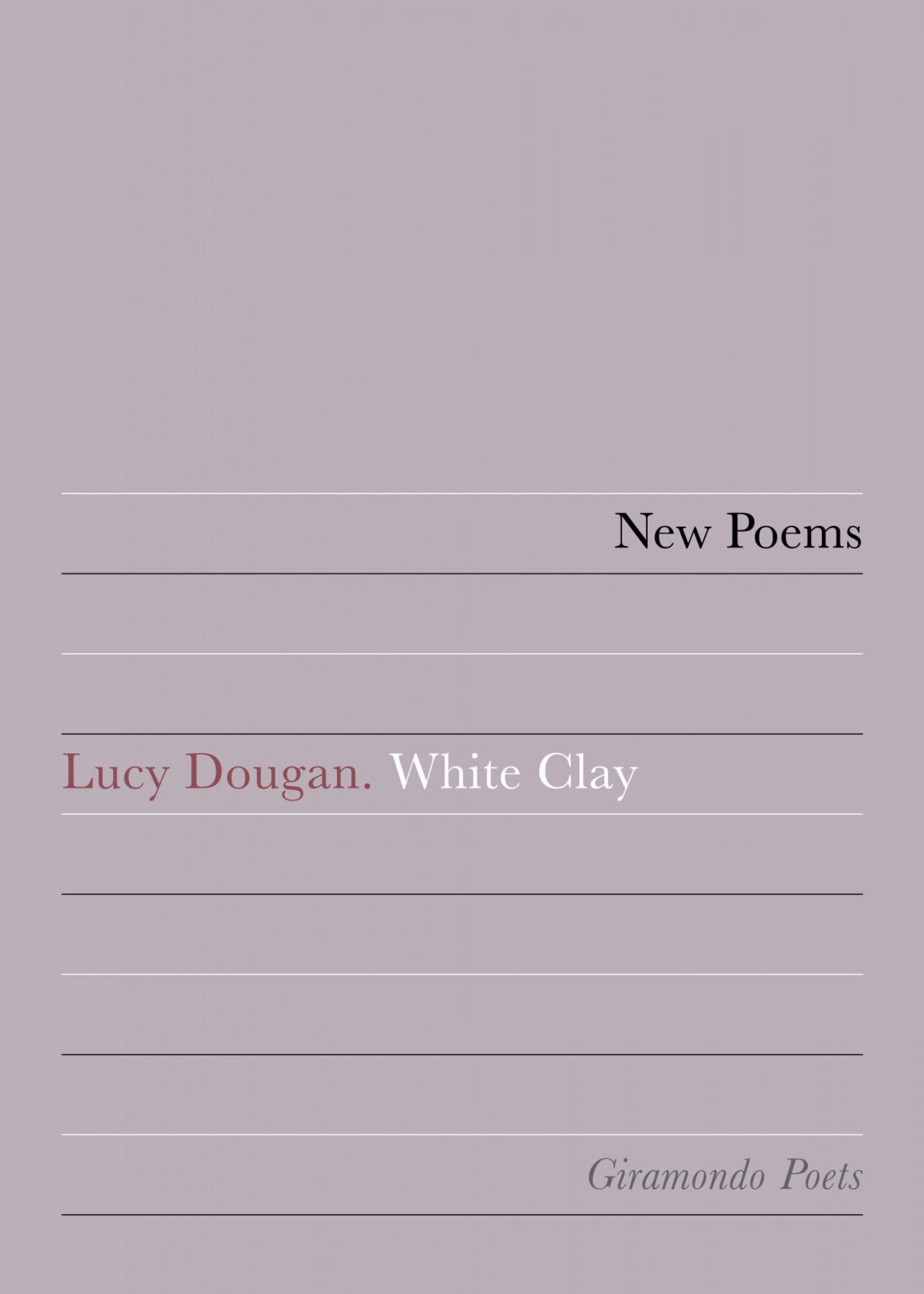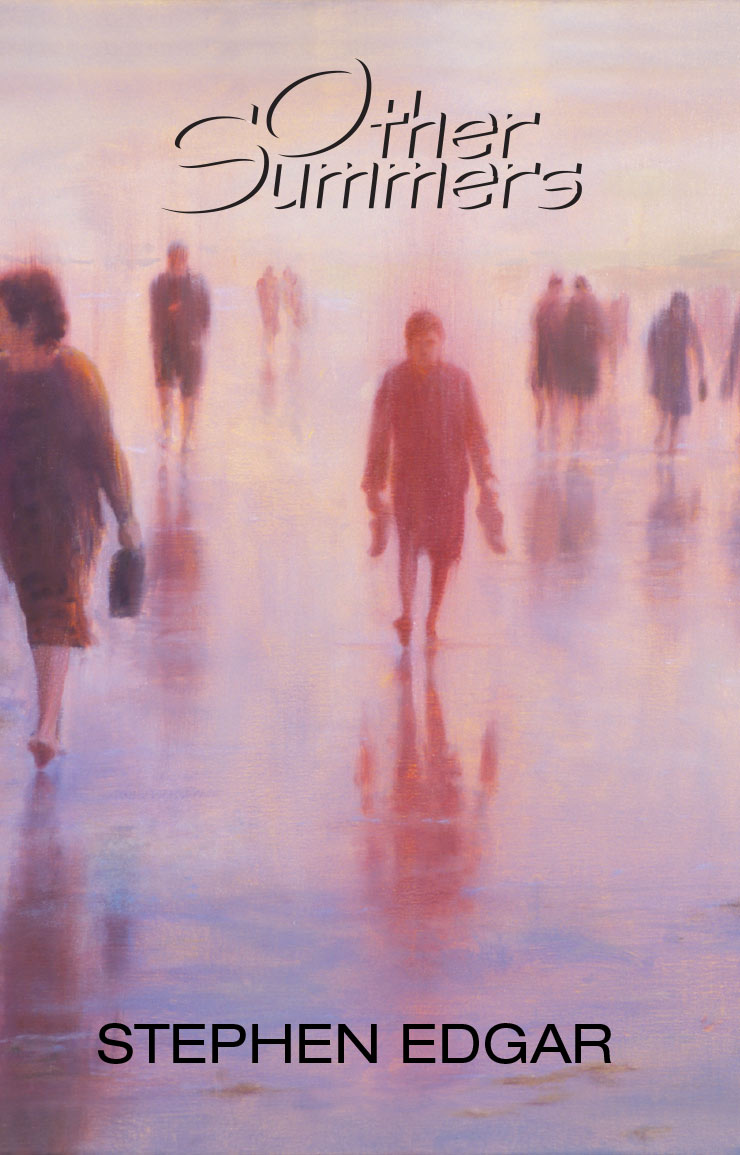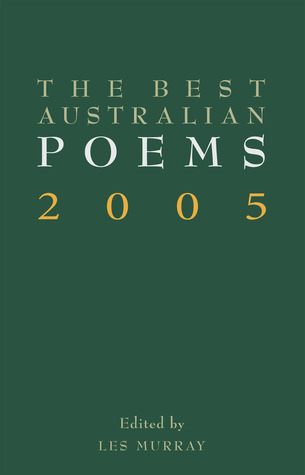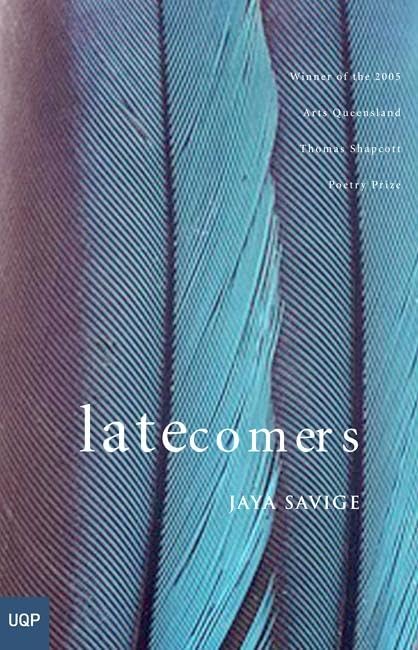On a first reading, the accomplished poetry of Tracy Ryan seems spiky, colloquial, earthy and enjoyable. But the more subtle accomplishments of the poetry lie in wait on a second reading: the musicality, the careful crafting, an honouring of the traditions of poetry, the rhythms and experiences of the everyday and the bodily. To name her themes draws us into the poetry: motherhood, the vicissitudes of the body, childhood and parenting, work, love, poetry, death. But it is in beginning to hear the musicality of Ryan’s metaphoric language that a second step can be taken. Alliterative, demotic, formally playful, morally serious, the poetry of Scar Revision is craft and presence finely balanced.
...
(read more)

